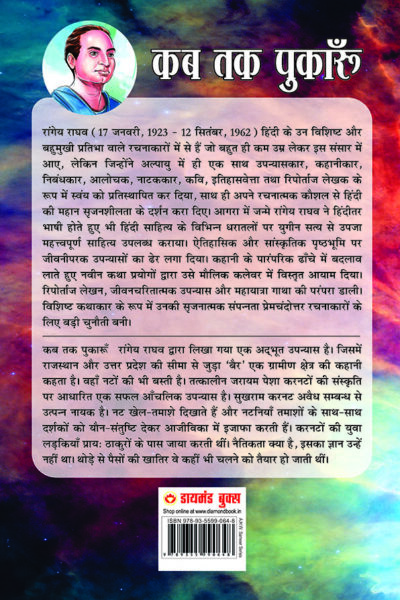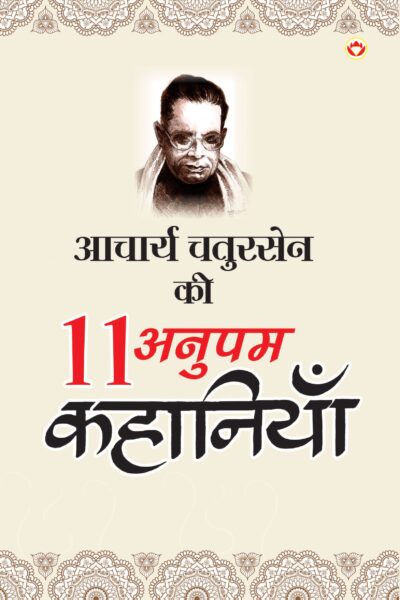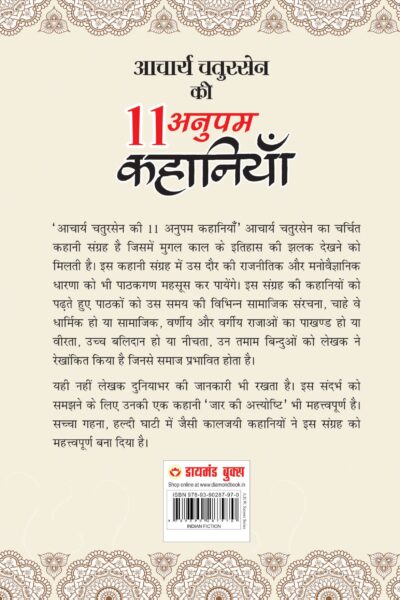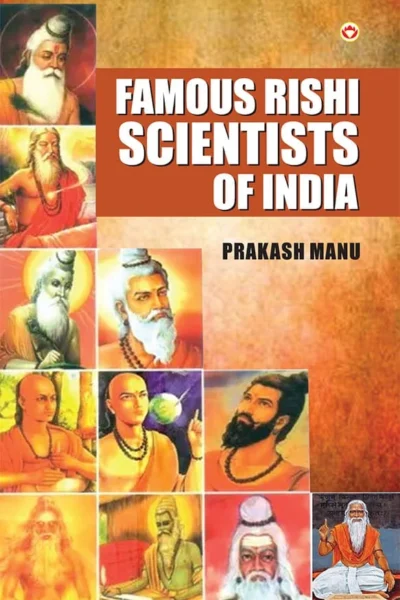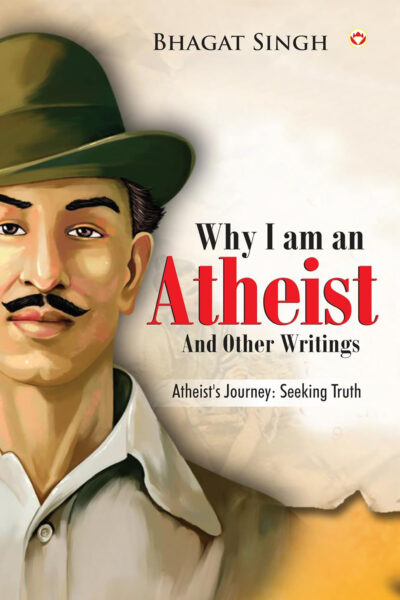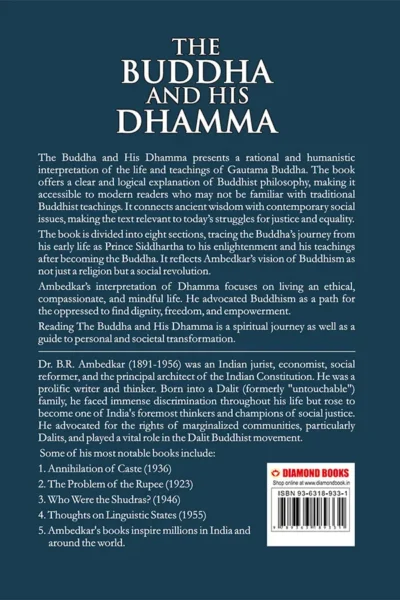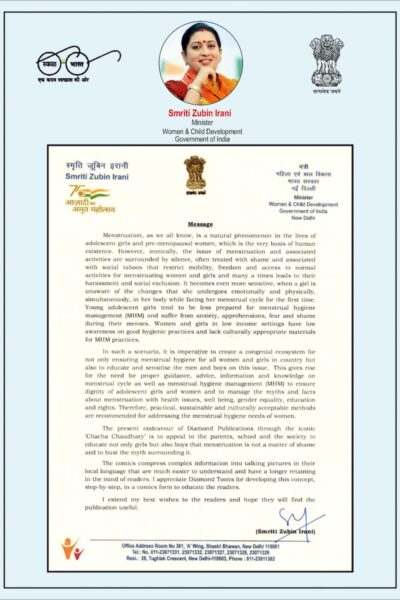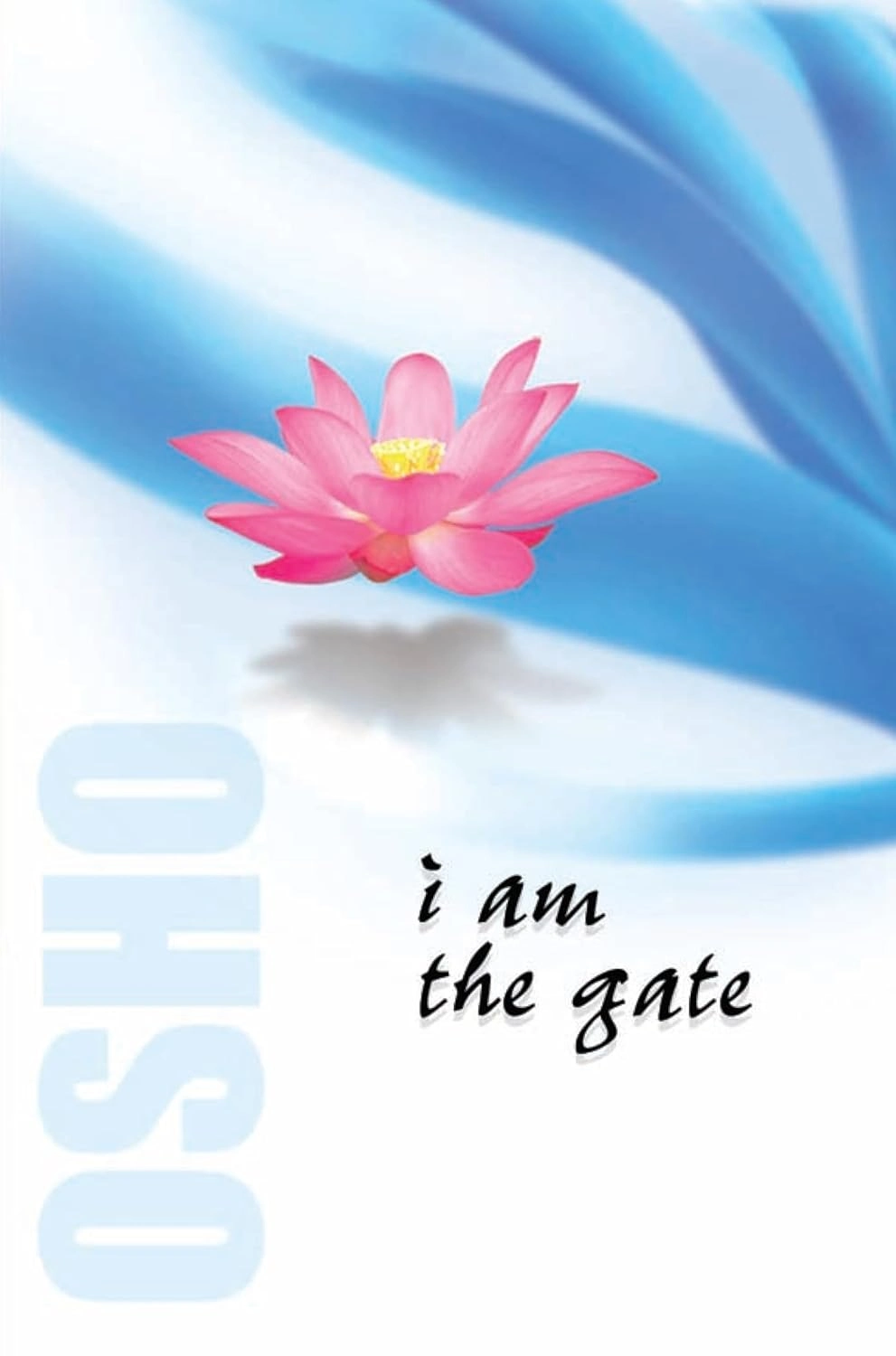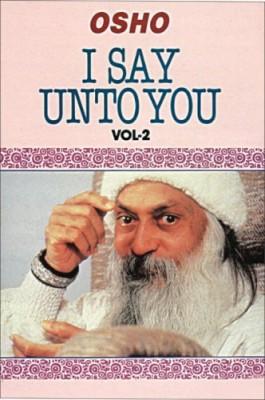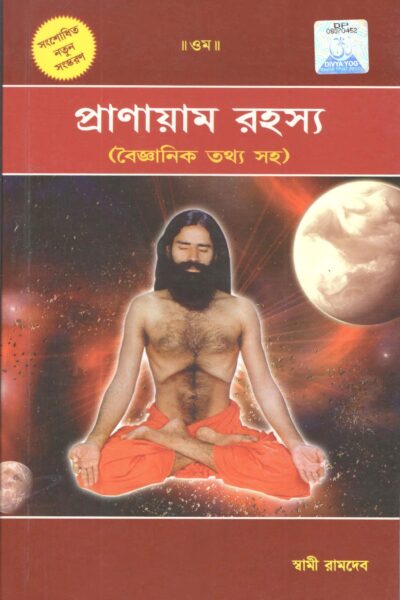- Short Stories
- Traveloc
- Novel
- Indian Classics
- Business Strategy
Shop Our top-rated business strategy books are designed for entrepreneurs and business leaders, offering proven strategies to elevate business success. Learn from industry experts and discover actionable insights to drive growth and profitability. Buy now and master the skills that set top businesses apart.
- Corporate History
Discover a comprehensive collection of corporate history books that detail the rise and success of major companies and their visionary leaders. Explore how these influential figures and their groundbreaking strategies have shaped industries and transformed the global business landscape.
- Economics
Discover the best economic and market books in India at Diamond Book Store. Our collection features essential reads on domestic and global market theories, offering in-depth analyses and key insights into economic trends. Enhance your understanding of financial markets, investment strategies, and economic principles with our expertly curated selection. Visit us to grow your knowledge and stay ahead in the world of finance.
- Romance / Fantasy
Discover captivating romance and fantasy books at Diamond Books. From enchanting love stories to magical adventures, these books offer readers a perfect blend of passion and imagination. Ideal for those who love romantic and fantastical narratives.
- Finance
Buy top finance and money management books at Diamond Book Store. Enhance your money-saving skills with expert strategies and key insights. Explore our curated selection to discover effective saving techniques and financial wisdom. Shop now to gain valuable knowledge, make informed decisions, and secure a prosperous financial future.
- Network Marketing
Network Marketing is a business model that leverages personal networks to promote products and services. It empowers individuals to build their own sales team, earning commissions not only from their own sales but also from the sales made by their team members. This model encourages entrepreneurship, collaboration, and exponential growth
- See More
Books, Bookazine, Fiction, Magazines
₹30.00Original price was: ₹30.00.₹29.00Current price is: ₹29.00. Add to cart
Diamond Books, Books, Fiction, Indian Classics
₹450.00Original price was: ₹450.00.₹449.00Current price is: ₹449.00. Add to cart
Diamond Books, Fiction, Language & Literature, Short Stories
₹175.00Original price was: ₹175.00.₹174.00Current price is: ₹174.00. Add to cart
- ₹975.00 – ₹19,000.00Price range: ₹975.00 through ₹19,000.00 Select options This product has multiple variants. The options may be chosen on the product page
- Autobiography
Explore our extensive collection of autobiographies and Memories, showcasing the personal stories, challenges, and triumphs of influential figures from all walks of life. These powerful narratives provide an intimate glimpse into the lives and legacies of remarkable individuals. Discover their inspiring journeys and find your next great read—visit us now!
- Religious
Our collection of religious books is designed to deepen faith, enhance wisdom, and elevate spirituality. It includes timeless classics and contemporary works, offering insightful guidance and teachings to develop a closer relationship with God and understanding of spiritual journey. Shop now for transformative faith and knowledge.
- Internet
Computing and the internet are rapidly evolving fields that shape our daily lives and future innovations. This guide offers a comprehensive look at the latest trends, technologies, and best practices in the digital realm. Whether you’re interested in cutting-edge computing advancements or the latest developments on the internet, this resource provides valuable insights to help you stay informed and make the most of the digital world
- Family Health
Explore Diamond Books’ family health collection. Featuring comprehensive guides on wellness and practical nutrition tips, these books provide essential advice for keeping your family healthy and thriving.
- History & Politics
Discover the wonders of India, a land of rich history, vibrant culture, and stunning landscapes. Explore famous landmarks, delve into the diverse traditions, and experience the beauty of India’s heritage. Whether you’re seeking historical insights or planning a trip, India offers endless possibilities for discovery and adventure
- Hinduism
Dive into Hinduism with comprehensive resources that cover key beliefs, rituals, and cultural practices. Explore the spiritual and philosophical dimensions of Hinduism, including its rich traditions and sacred texts, to gain a deeper understanding of this ancient religion. Ideal for those seeking to learn about the diverse aspects of Hindu culture and spirituality.
- Scientist & Inventors
Explore the diamond book store for the best Scientist & Inventors Books Collection” includes biographies, autobiographies, and detailed accounts of the lives and works of iconic figures like Albert Einstein, Nikola Tesla, Marie Curie, Thomas Edison, and many more. Each book delves deep into the minds of these geniuses, offering insights into their thought processes, challenges, and the impact of their discoveries on the modern world.
- Occult and Vastu
Unlock the secrets of the occult and Vastu Shastra with our curated books. Explore spiritual wisdom, mystical arts, and harmonious living guides.
- Ayurveda
Discover the essence of Ayurveda with our collection of books at Diamond Books. Featuring ancient practices and modern applications, these books offer comprehensive guidance on achieving balance and wellness through Ayurvedic principles.
- See More
- Autobiography
Fiction Books, Autobiography & Memories, Biography
₹250.00Original price was: ₹250.00.₹249.00Current price is: ₹249.00. Add to cart
- Blog
- Publish With Us
I Am The Gate
₹400.00 Original price was: ₹400.00.₹399.00Current price is: ₹399.00.
- About the Book
- Book Details
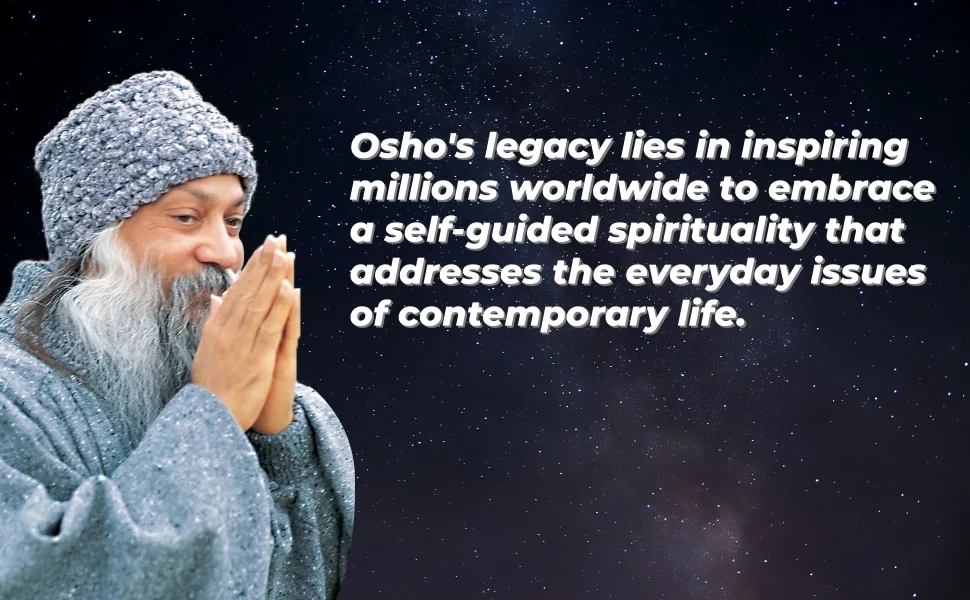



Product Description
I have known that which joins all. You may call it self-realization. I will not. I will call it no self-realization because this is the essence of all realizations. This is no-selfness. I think you understand what I mean
Always listen to that which has not been said, but indicated. There are things which cannot be said, but shown, indicated. All that is deep, and all that is ultimate, can only be shown and never said. And I am saying things that cannot be said.
About The Author
Osho was born Chandra Mohan Jain also known as Acharya Rajneesh. He was born in a small village in the state of Madhya Pradesh on 11 December 1931. He was an Indian mystic, spiritual guru, and philosopher with international fame and followers. He died on 19 January 1990. Osho is one of the twentieth century’s most provocative and inspiring spiritual teachers. Known for his revolutionary contribution to the science of inner transformation, the influence of his teachings continues to grow, reaching seekers of all ages in virtually every country of the world. He authorizes many books, including Love, Freedom, Aloneness; The Book of Secrets; Innocence, Knowledge, and Wonder.
How does I Am The Gate address the concept of enlightenment?
The book describes enlightenment as the state of realizing one’s true nature beyond the mind and body. I Am The Gate teaches that enlightenment is not a distant goal but an immediate possibility, accessible through inner exploration.
What practices does I Am The Gate recommend for spiritual growth?
I Am The Gate recommends meditation, silence, and mindfulness as key practices for spiritual growth. The book also emphasizes the importance of being open to experiences and dropping mental conditioning to discover the deeper self.
How do I Am The Gate explains the role of the mind in spiritual awakening?
I Am The Gate explains that the mind, with its constant chatter and conditioning, is the primary barrier to spiritual awakening. The book encourages readers to go beyond the mind’s limitations and realize the vast, peaceful consciousness that lies beyond thoughts.
What is the significance of surrender according to I Am The Gate?
In I Am The Gate, surrender is described as the process of letting go of control and allowing life to flow naturally. The book emphasizes that true spiritual growth happens when one surrenders the ego and trusts the divine intelligence guiding their journey.
Did Jesus say I am the gate?
Yes, Jesus did say “I am the gate” in the Bible, specifically in John 10:9. In this verse, Jesus uses the metaphor of a gate to describe Himself as the entry point to salvation. He declares, “I am the gate; whoever enters through me will be saved,” highlighting that through Him, people can find safety, security, and eternal life. This statement is part of a larger discourse where Jesus also refers to Himself as the Good Shepherd, emphasizing His role in guiding, protecting, and offering spiritual nourishment to His followers. By calling Himself the gate, Jesus is conveying that He is the only way to spiritual fulfillment and communion with God.
Additional information
| Weight | 328 g |
|---|---|
| Dimensions | 20 × 5 × 25 cm |
| Author | Osho |
| ISBN | 8171826067 |
| Pages | 344 |
| Format | Paperback |
| Language | English |
| Publisher | Diamond Books |
| ISBN 10 | 8171826067 |
Additional information
| Weight | 328 g |
|---|---|
| Dimensions | 20 × 5 × 25 cm |
| Author | Osho |
| ISBN | 8171826067 |
| Pages | 344 |
| Format | Paperback |
| Language | English |
| Publisher | Diamond Books |
| ISBN 10 | 8171826067 |
I Am The Gate is a transformative guide to spiritual awakening, offering readers the key to unlocking their true potential. It invites you to break free from mental conditioning and explore the limitless possibilities of self-realization. With profound insights, this book guides you toward higher consciousness, encouraging a deeper connection with your true self and the universe. Step through the gate and discover a world of spiritual freedom and enlightenment.
ISBN10- 8171826067
Customers Also Bought
Religions & Philosophy, Books, Diamond Books
₹400.00Original price was: ₹400.00.₹399.00Current price is: ₹399.00. Add to cart



